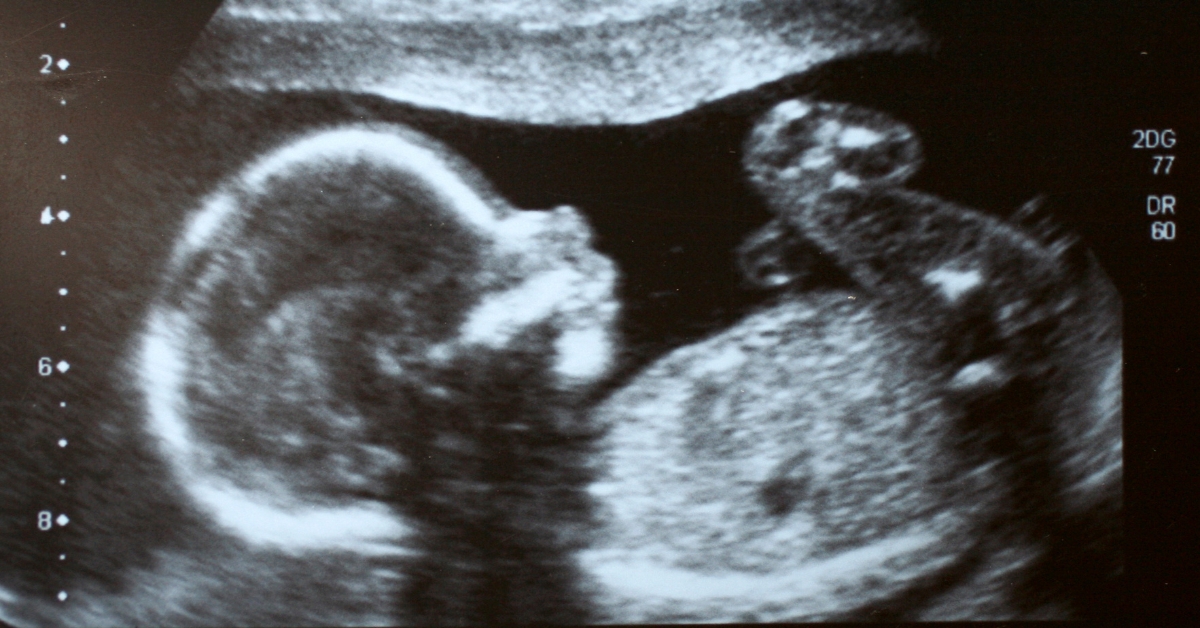
North Carolina’s 12-Week Abortion Ban Saves Unborn Lives as Abortions Decline 30%
In North Carolina, a pro-life law that only permits abortions after 12 weeks in cases of rape, incest, fetal abnormality, or to save the life of the mother is having a positive impact. The law requires these rare exceptions to be carried out in a hospital rather than an abortion facility.
This legislation was expected to save the lives of thousands of unborn children each year. Recent data from the Guttmacher Institute, a pro-abortion research group, confirms that abortions dropped by 31% in North Carolina in July after the 12-week abortion ban was enforced. While this law offers substantial protection for unborn children, it’s noteworthy that North Carolina did not implement a heartbeat law or a ban on abortions from conception, as some other states have done.
As of the first six months of 2023, North Carolina had seen a 55% increase in abortions compared to the same period in the previous year. However, following the implementation of the new law, 1,310 fewer abortions were recorded in July compared to the previous month.
Pro-life advocates, including the NC Values Coalition Executive Director Tami Fitzgerald, celebrated this news and highlighted the importance of the Care for Women, Children, and Families Act, which offers increased resources for pregnant women and funding for Pregnancy Care Centers. They emphasized that supporting expectant mothers is crucial to reducing the number of abortions. The Guttmacher data also pointed out that abortions in North Carolina had increased by 37% after the Dobbs decision, underlining the significance of continued efforts to reduce abortions in the state.
The 12-week gestational limit for abortions is significant because by this point, all major organs have formed, the heart has already beaten over 10 million times, and significant fetal development is underway. This includes recognizable facial features, developing teeth, and the ability to respond to touch.
The Care for Women, Children, and Families Act, along with other provisions, seeks to ensure that abortion pills are not distributed through mail-order, to protect abortion survivors, to prevent discrimination based on sex, race, or Down syndrome, to maintain health and safety standards for abortion facilities, to prevent rushed or coerced abortions, and to safeguard the life of the mother in emergencies.
Moreover, the Act allocates $160 million in support for children, families, and maternal health, including expanding access to child care, funding for foster care and kinship care, maternity and paternity leave, initiatives to reduce infant and maternal mortality, and support for parents completing community college.
The success of North Carolina’s 12-week abortion ban reflects the importance of providing alternatives and support for women facing challenging circumstances while also valuing and protecting the lives of unborn children. The law has garnered significant public support, with approximately 62% of North Carolinians favoring legislation that protects unborn babies by at least 12 weeks, while 67% support the state’s existing parental consent laws. The law is an essential step toward safeguarding the rights of the unborn and supporting expectant mothers.














